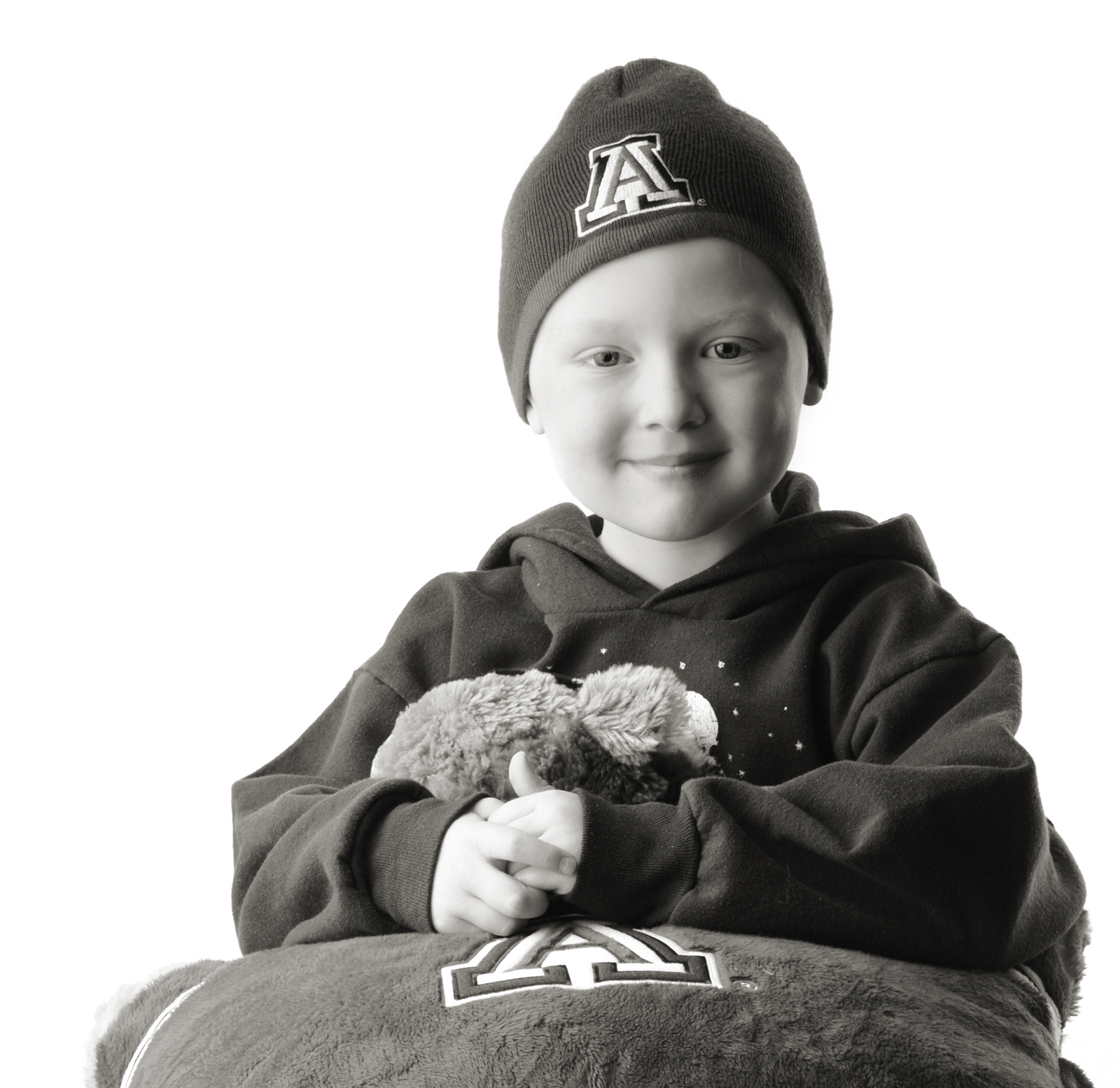Helping to Discover Treatments and Cures for Devastating Childhood Diseases Since 1999

The Deep Freeze, a Pediatric Biobank Project
Every day we learn more about how our bodies react to the ever-changing environment around us and each person has their own unique response. What makes one child respond to treatment for an illness but then have the same medicine not work for another is hard to understand. Diseases work differently from person to person. But, especially when it’s a child that is suffering, wouldn’t it be incredible to know the best course of treatment as quickly as possible?
Since PANDA’s inception, our goal has been to bring medical breakthroughs to children who need these advancements the most. Our objective will always be to use cutting-edge science to discover and develop life-changing medicines and treatment for a wide range of devastating diseases. PANDA’s 2024 goal is to bring a first-of-its kind pediatric biobank to The Steele Children’s Research Center. A Biobank, or biorepository, is a complex program that allows doctors and scientists to collect, annotate with pertinent health information, and preserve clinical samples in long-term storage for future research use. It involves high-tech, continuously monitored deep freezers, where biological material, such as blood, or tissue samples (e.g. biopsies) can be preserved. Such biobanks can be accessed at a later time by our physicians and scientists to facilitate research projects which could help to determine the molecular and/or genetic basis for the response to treatment, or other translational research aimed to better understand the disease process and help develop novel therapies. This biobank would also become an invaluable resource for our scientists seeking federal funding for projects that rely on access to human samples.
As part of the biobank development, PANDA will be looking specifically at creating research and data around certain rising autoimmune diseases in children. Asthma, kidney disease, liver disease, intestinal diseases such as IBD and celiac disease, CPAE (Children’s Postinfectious Autoimmune Encephalopathy) and rheumatological disease have all increased tenfold in the last several years. Early diagnosis and intervention of these diseases is integral for a child’s health and well-being. With the creation and implementation of a pediatric biobank, information added from one child today will ultimately benefit another child tomorrow by providing more efficient diagnoses and insight into how certain diseases respond to medicine and treatment allowing for healthier, happier, sunnier children.

PANDA First 1,000 Days Pediatric Project
Our 2023 project supported translational research into pediatric nutrition as well as research to advance technology in congenital heart disease which impacts nearly one in 100 babies. By funding this translational research we helped move basic science discoveries quickly and efficiently into practice.
Pediatric Nutrition: Research has reinforced what pediatricians have long known: healthier children grow into healthier adults. Steele Children’s Research Center physician-scientists are looking at pediatric nutrition from a number of different angles as they work to understand the increasingly critical role of nutrition in childhood.
PANDA funded seven different nutrition projects that support researchers work to investigate the role of DHA in pregnancy, the study of children’s food allergies, and the relationship between genetics, microbiome, and the impact on the immune system, and the exploration of how a healthy microbiome feeds babies’ brains and helps them develop, grow properly, and have low incidence of autoimmune diseases.
Pediatric Cardiology: Congenital heart defects are the most common birth defect in newborns, affecting nearly one in 100 babies. It used to be that these children did not live into adulthood, but fortunately early detection and advanced technology have changed the outcomes considerably. PANDA funded the work of physician-scientists at the Steele Children’s Research Center to improve the education and communication provided to patients and families to decrease stress and improve outcomes. One example includes Dr. Michael Seckeler who creates life-sized, 3D printed models of a child’s heart prior to surgery to provide detailed explanations of what the surgery will entail.
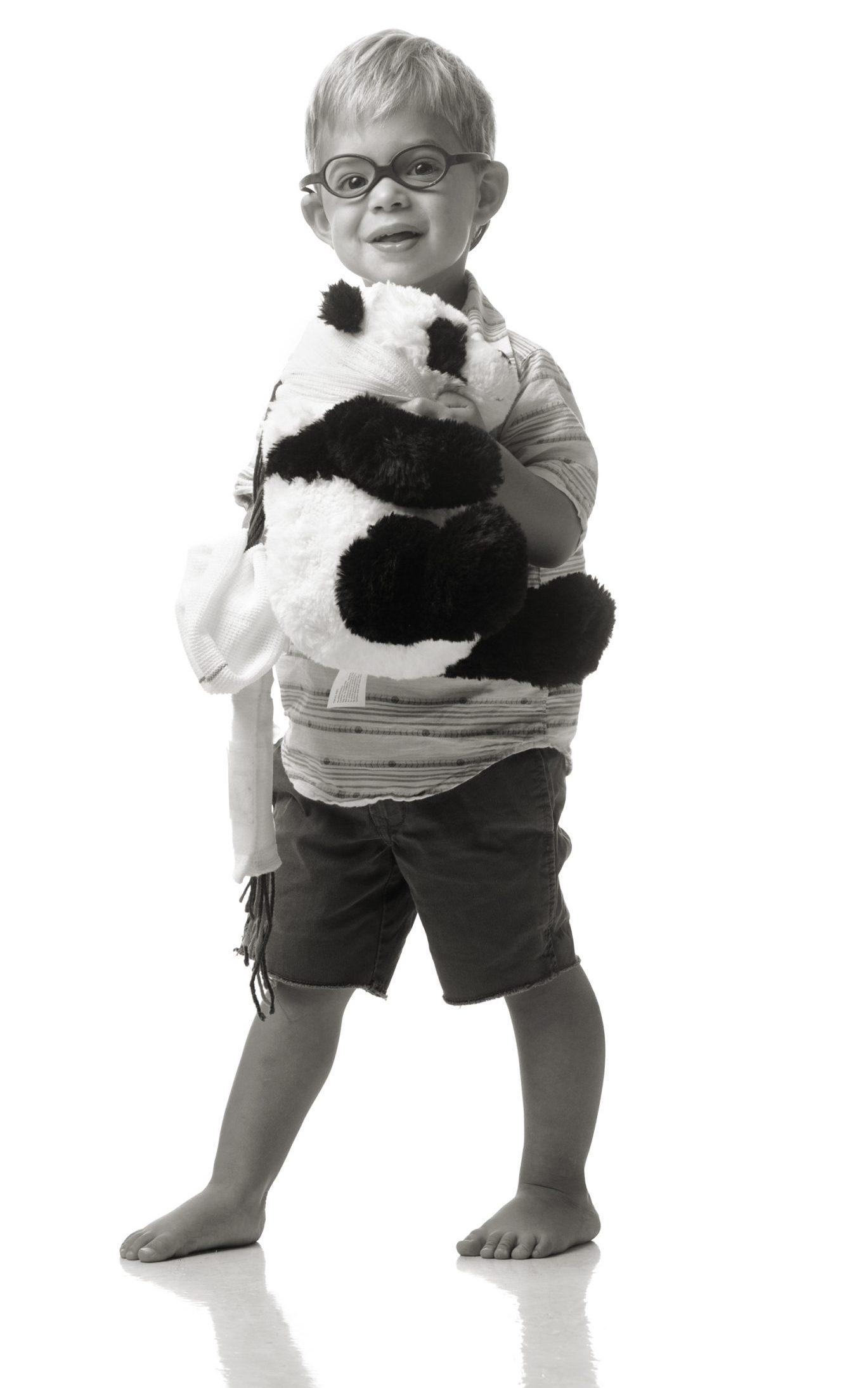
2022 PANDA Genome Sequencing Project
The funds raised this year allowed us to purchase the NovaSeq 6000 System, a state-of-the-art genome sequencing machine that is faster and more efficient than past equipment. With this new equipment the Steele Children’s Research Center is able to provide genome sequencing for 48 children in as little as 40 hours. By sequencing these genes, physician-scientists are able to discover underlying microbiome composition that lead to answers for a number of fundamental biological and clinical questions. Additionally, physician-scientists are able to study genes at a single cell level which allows analysis of gene expression, or changes in DNA structure, which is key to early diagnosis and treatment of a multitude of pediatric diseases including cancer, diabetes, epilepsy, and many other chronic diseases.
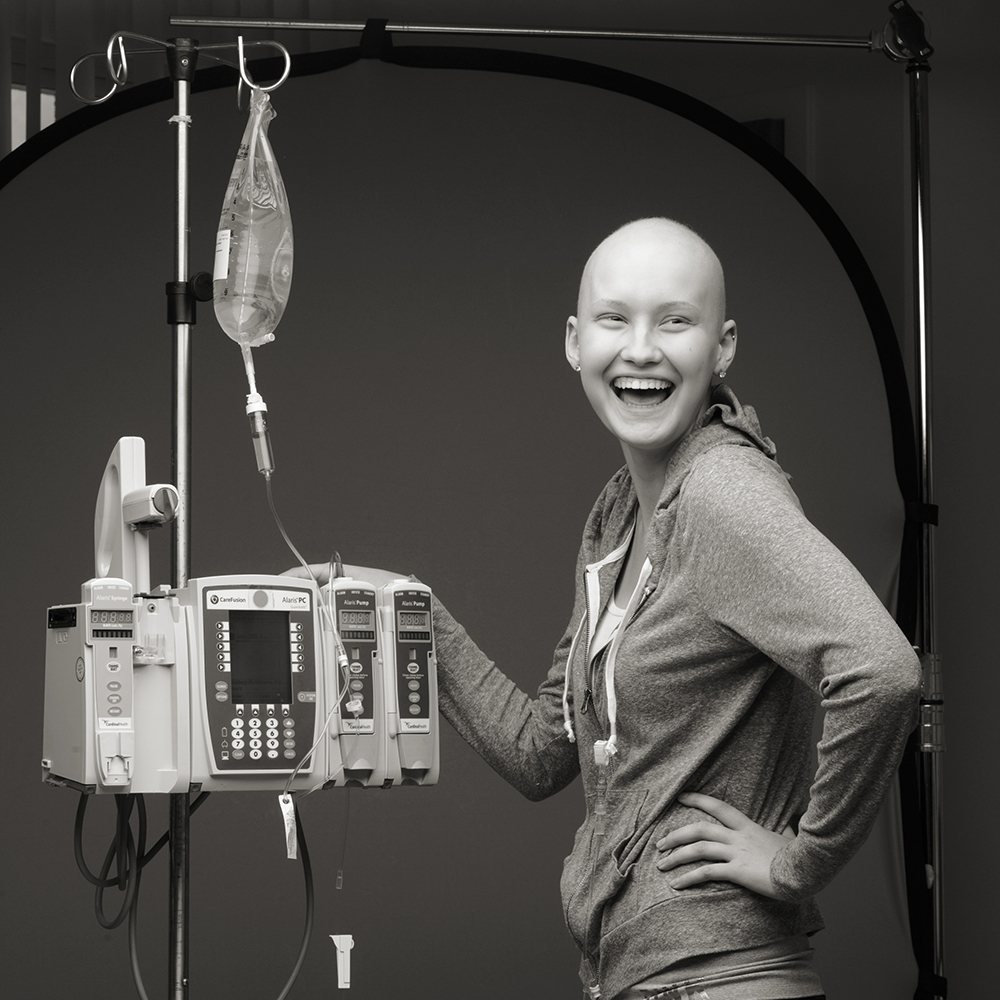
2020-2021 PANDA Vision of Research Project
For two decades, PANDA has collaborated with the Steele Children’s Research Center to fund a critical need. In 2020, PANDA’s goal is to support the Steele Children’s Research Center's overall commitment to medical research to find solutions to childhood disorders and diseases.
Our inspiration came from Dr. Fayez Ghishan’s quote, “If I spend an hour with one child, I help one child. If I spend on hour in the lab, I help 1,000 children.”
Our 2022-2021 project focused on three research areas for which the Steele Children’s Research Center is world-renowned:
• Autoimmune research: Uncovering what makes a child’s body suddenly turn against itself, including diseases such as Type 1 Diabetes, Crohn’s Disease, and ulcerative colitis.
• Childhood Postinfectious Autoimmune Encephalopathy (CPAE): Supporting the first center of excellence in the United States for this devastating condition associated with Streptococcal infection.
• Genome sequencing: Personalizing treatments for children with an unexplained illness and non-response to traditional therapies.
The Steele Children’s Research Center is the only academic pediatric medical research center in Arizona. The dual role of researcher and physician at the Steele Children’s Research Center is also unique in pediatric medicine in Arizona.
Please click here to read the 2021-2022 Impact of Your Giving Report.
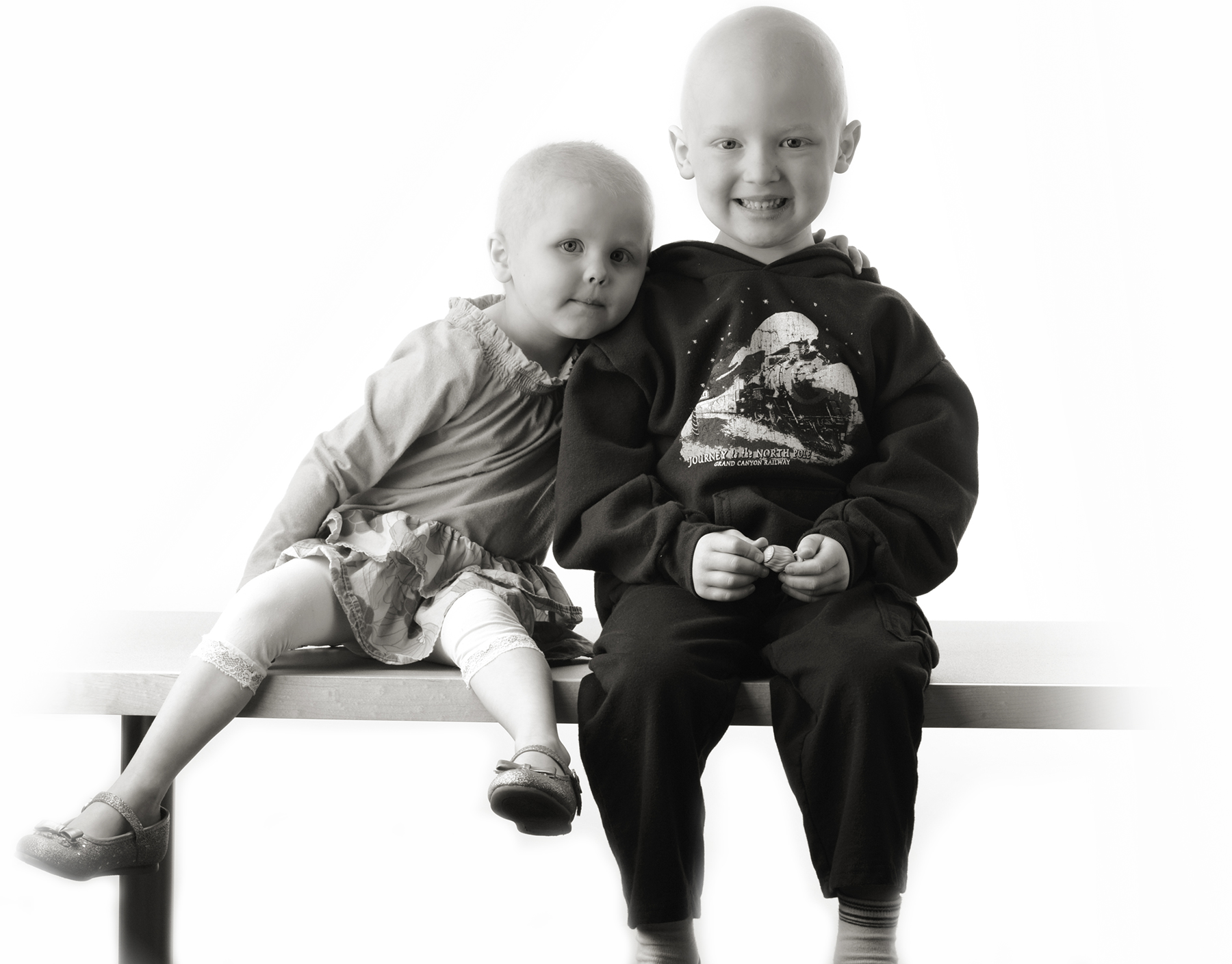
2019 PANDA Children’s Cancer Inflammation Project
This year, the money we raised supported The Children’s Cancer Inflammation Project. More and more evidence suggests that the health of the gastrointestinal tract impacts the immune system interaction and the inflammatory state of cancer development and growth. This interaction begins early in life, and evidence suggests that changing the health of the gut may provide life-long protection against cancer. The Children’s Cancer Inflammation Project will investigate the gut health of children undergoing bone marrow transplants with the goal of adjusting their diets to improve their responses to treatment and prolong life. The study will be done in conjunction with whole genome sequencing, searching for answers and treatments for cancer-causing mutations. We also hope to reveal information about the role of diet and dietary factors in the transgenerational occurrence of cancer in children.

2018 PANDA Children’s Epilepsy Project
Epilepsy that first occurs in adults and older children is diagnosable and generally responds well to medication. Unfortunately, when epilepsy begins in infancy or in young children, it represents a set of complex disorders without specific etiologies, resulting in perplexing conditions causing a stressful life for the affected children and their parents. The etiology of infantile epilepsy is multifactorial, including genetics, metabolic, and structural brain issues. This research project, in partnership with Rady Children's Genomic Institute, will explore both the basic science and clinical aspects of epilepsy with an emphasis on children diagnosed as infants or at an early age. The Rady team will provide whole genome sequencing for children, and the Steele Children’s Research Center team will investigate genetic mutations and determine their functionality and how to treat them. The goal is to develop a new paradigm for treatment of these children through research including whole genome sequencing, and examination of structural brain disorders, and metabolic issues.
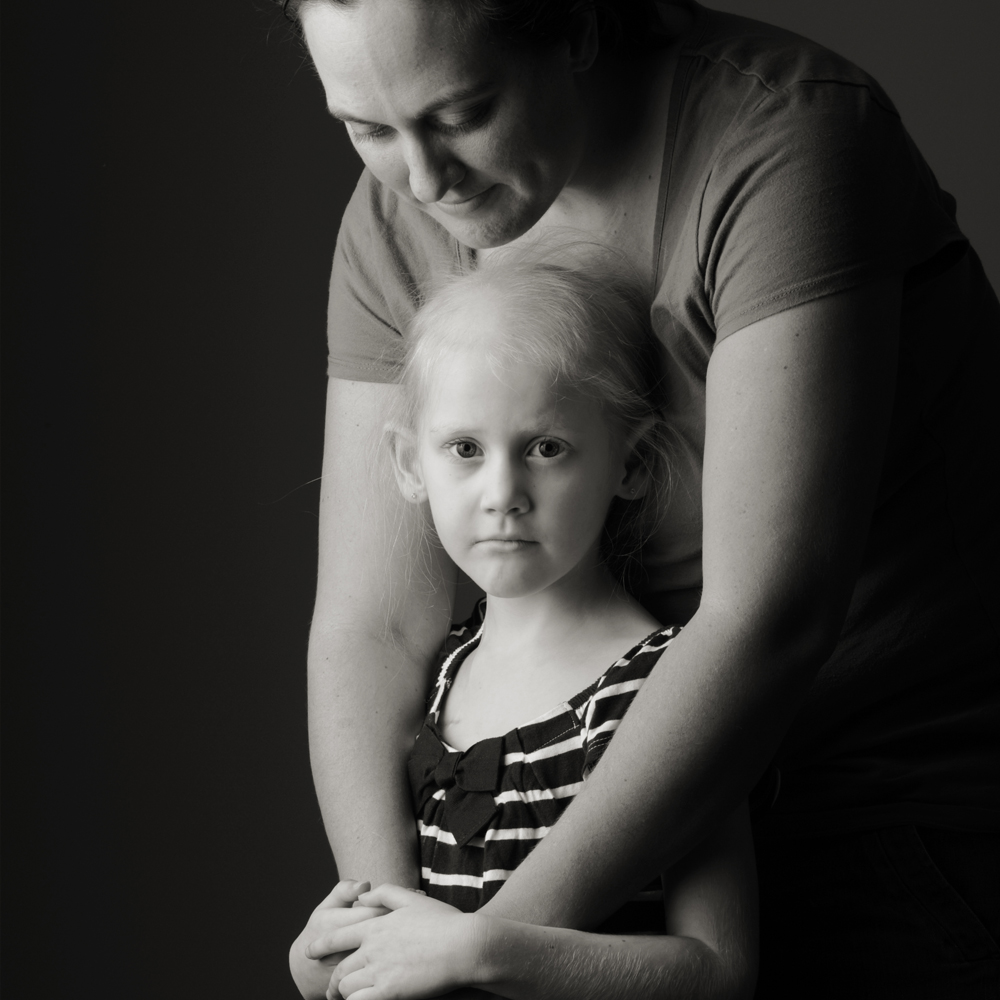
2017 PANDA Children’s Autoimmunity and Allergies Project
The Steele Children’s Research Center has become a leader in pediatric research across the globe. PANDA is proud to have funded internationally recognized physician-scientists to investigate a range of pediatric illnesses including those involving cancer, autoimmune disorders, genetics, gastroenterology, and developmental and behavioral pediatrics. This year, PANDA will focus our fundraising efforts on the Children’s Autoimmunity and Allergies Project, which seeks to help unravel the mystery of common autoimmune issues among children– type 1 diabetes, juvenile arthritis, Crohn’s disease, colitis, eosinophilic esophagitis, celiac disease and postinfectious autoimmune encephalopathy.

2016 PANDA Personalized Pediatric Medicine Project
Children suffering from complex diseases often face a trial and error approach to treatment that leaves them susceptible to adverse reactions and side effects that may affect them for the rest of their lives. A "personalized" approach hopes to enable physicians to predict a child’s response, resistance, or adverse reaction to particular treatment options. The objective of the PANDA Personalized Pediatric Medicine Project is to conduct pilot studies and establish an integrated system for personalized medical approaches to treat children suffering from complex diseases including cancer. This individualized system will enable physicians to accurately predict a child’s response, resistance, or adverse reaction to particular treatment options.
Instead of relying on statistics from large clinical studies, personalized medicine allows for physicians to focus on an individual child’s response to therapy. This customized treatment approach will enable researchers to identify markers in a child’s genetic sequence that influence why certain treatments work and others fail. Identifying precise genomic signatures will help provide a more direct route from diagnosis to successful treatment for each patient. Tailoring treatments for each individual child is the ultimate goal.
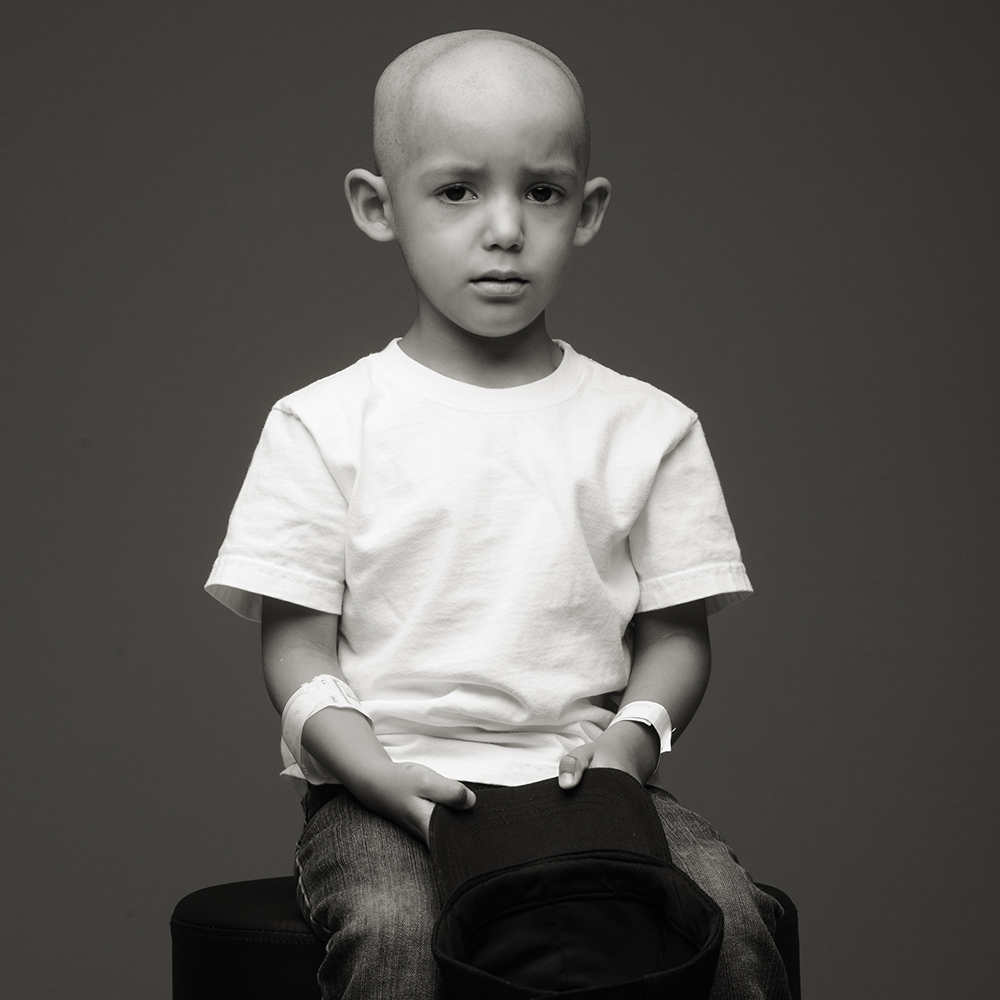
2015 PANDA Children's Anti-Tumor Immunity Program
The traditional field of cancer treatment focuses on eliminating malignant cells. While traditional chemotherapy directly kills cancer cells it also has devastating side effects. In addition, drug-resistant tumor cell clones may emerge, which lead to a relapse of the cancer and sometimes death. Over the last decade, with funding support from PANDA, The Steele Children’s Research Center has pioneered the use of chemotherapeutic drugs at non-toxic levels in combination with immunotherapy. The results have been primary tumor elimination, prevention of cancer metastasis and improved survival for our children.
Our objective is to create an interface between traditional cancer chemotherapies and immune-based strategies, focusing on pediatric cancer patients. The PANDA Children’s Anti-Tumor Immunity Program, integrated within the Steele Children’s Research Center, will identify new generation anti-cancer drugs with the ability to contain the cancer, develop natural immunity to the cells and reduce the emergence of tumor cell clones. We will then translate the most promising of these approaches to the children’s bedside.
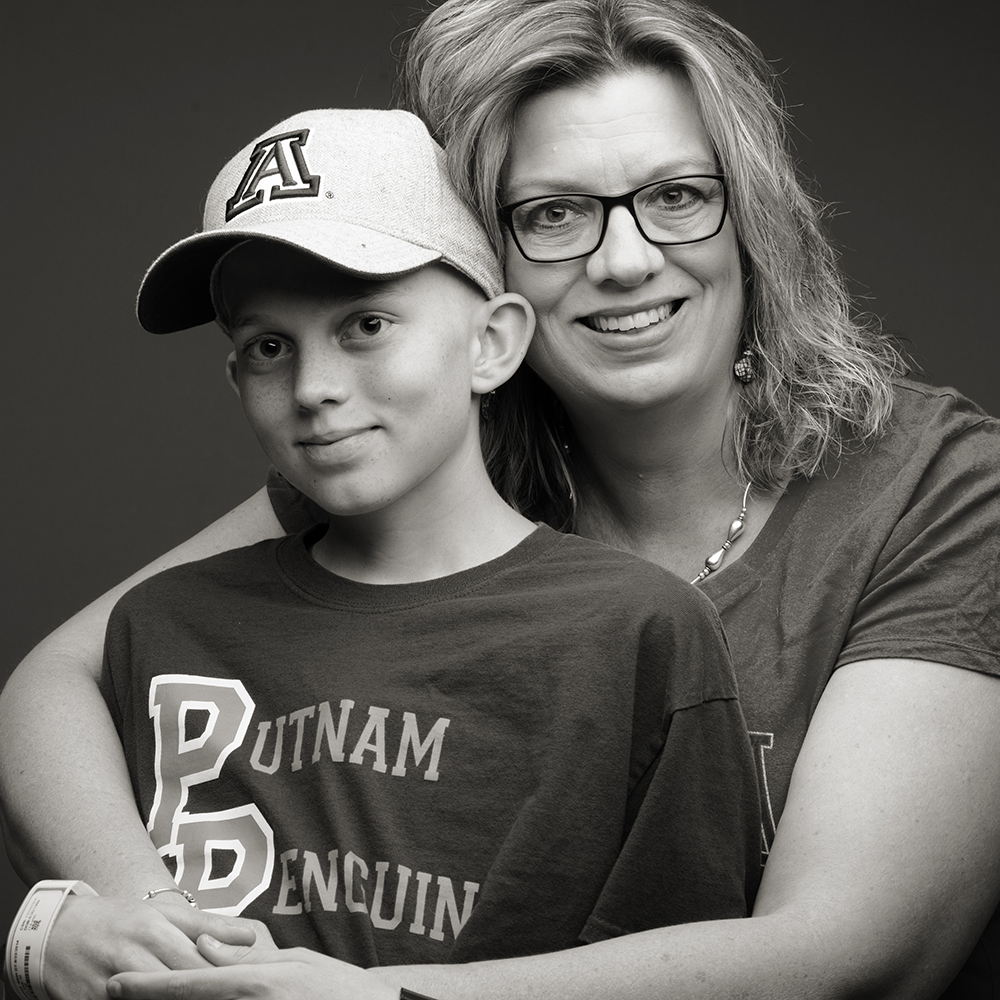
2013 - 2014 PANDA Children's Autoimmune Disorders Project
The 2013 and 2014 proceeds funded the PANDA Children's Autoimmune Disorders Project and endowment. Help and answers are desperately needed for families facing the challenges of autoimmune diseases like type 1 diabetes, juvenile arthritis, Crohn's/colitis, severe food allergies, eosinophilic esophagitis, and celiac disease.
The human immune system is designed to recognize its own cells and to fight off germs carrying disease. Autoimmune diseases result when the bodies' fighter cells turn against its own healthy cells, and destroy them. Current estimates suggest that as many as 9.4% of the world's population suffer from an autoimmune disease, and in the US it is estimated to be as many as 50 million people, costing nearly $100 billion per year in treatment and care. These diseases are progressive, debilitating, and are one of the leading causes of death and disability. Children are being diagnosed at ever-increasing rates, and we must ensure that research is rapid and able to improve and affect care for our children. The PANDA Children's Autoimmune Disorders Project will continue to build on discoveries being made at the Steele Children's Research Center.
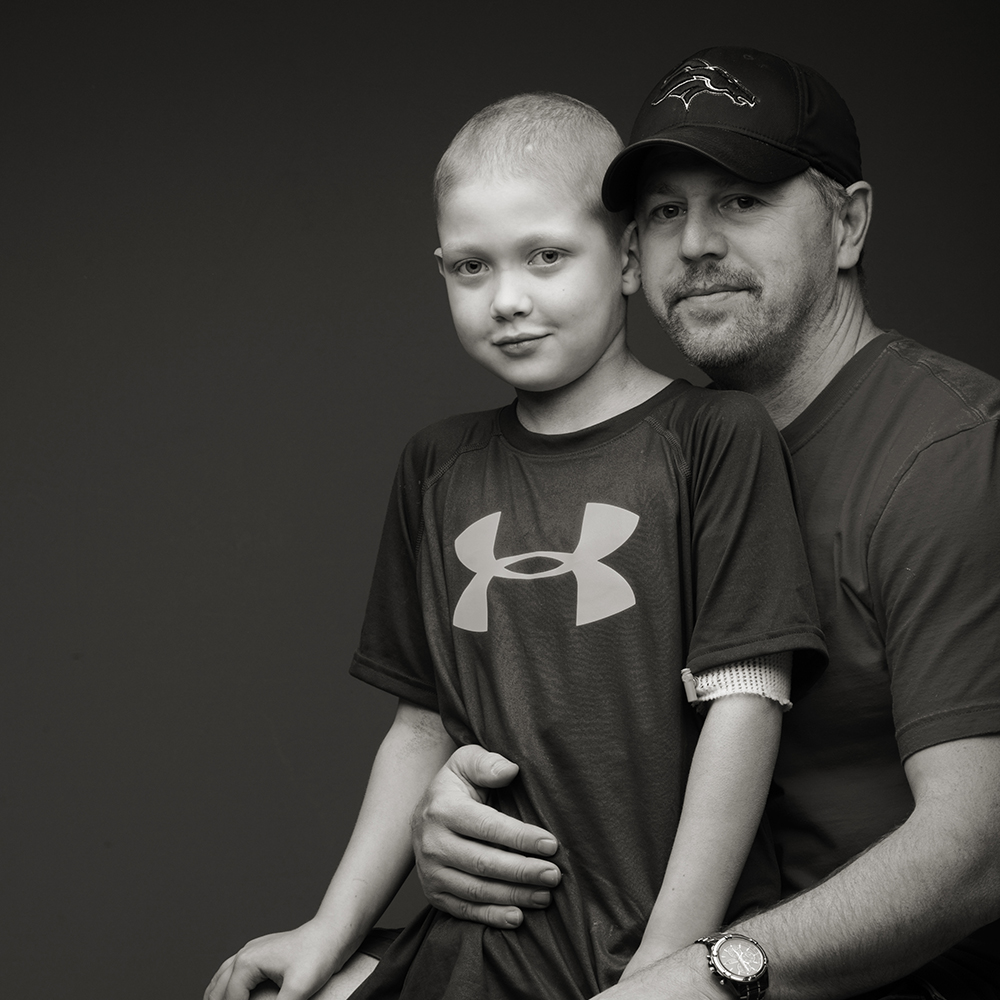
2012 Phoenix Translational Research Center
The 2012 proceeds funded the Steele Children’s Research Center – Phoenix Translational Center. Historically, the University of Arizona College of Medicine has been located in Tucson, nurturing our state’s future physicians and conducting academic research in one location. With Arizona’s tremendous growth has come the need for additional physicians and scientists to serve our communities. Recently, a second College of Medicine campus was created and is located in the heart of downtown Phoenix.
Developing a physical presence in Maricopa County will allow the Steele Children’s Research Center to lead the state’s pediatric basic science research, with bench-to-bedside discoveries at its laboratory center in Tucson, while partnering with clinical enterprises in Maricopa County to fully expand its translational reach in downtown Phoenix. The Phoenix Translational Center will help to provide the resources for physician-scientists to carry out safe, efficient and ethical clinical research involving children, train and develop pediatric investigators for the future and educate the public on children’s health and advances in the treatment of pediatric diseases.
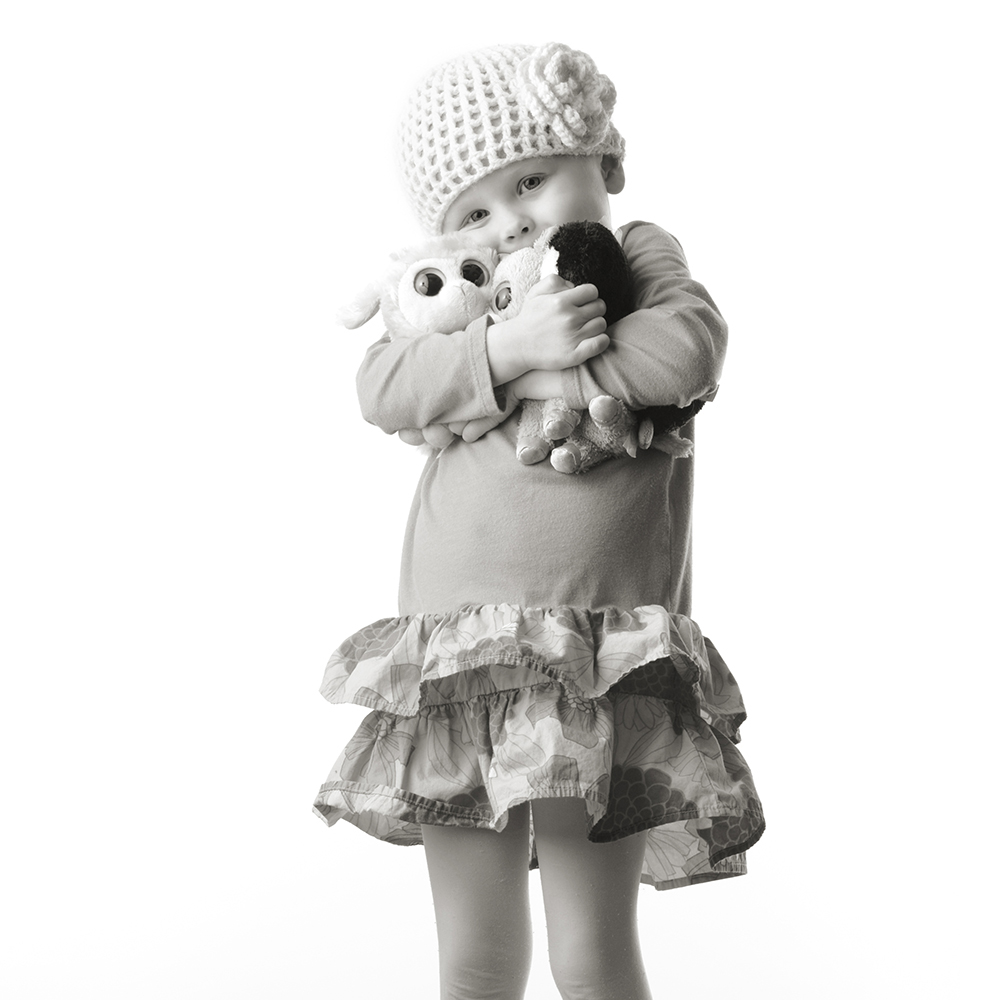
2011 PANDA Healthy Babies Project
The 2011 project helped fund efforts to help some of the most vulnerable patients, babies in the neonatal intensive care unit (NICU). More than a half million babies in the United States and nearly 10,000 in Arizona are born prematurely each year. Preterm birth is the leading cause of infant illness and accounts for more than two thirds of all infant deaths. The PANDA Healthy Babies Project is working to increase the likelihood that babies can leave the NICU healthy and in the shortest amount of time. Of the myriad of health issues that premature babies face, Necrotizing Enterocolitis (NEC) is the most common gastrointestinal disease that affects them. NEC is an inflammatory disease that can cause destruction of the intestine and in its severest form can result in surgical removal of portions of the affected intestine. Sadly, 20% to 40% of babies affected with NEC will die from the disease.
Currently, the University of Arizona’s Steele Children’s Research Center is the only facility in the state of Arizona that combines the highest level clinical services for preterm infants along with cutting edge basic science research. The Steele Children’s Research Centerboasts several of the best known scientists and physicians in this field, including Drs. Alan Bedrick, MD, Bohuslav Dvorak, PhD and Melissa Halpern, PhD. In addition to their current work, the team is also taking steps to build collaborative research partnerships with NICUs throughout Arizona, including the Phoenix area.
With PANDA’s help and your generous support, the Steele Children’s Research Center is:
- Advancing the field of neonatology through a better understanding of why certain premature infants get NEC
- Working to discover ways to prevent babies from developing NEC
- Finding the means to predict NEC before it becomes a medical or surgical emergency
- Funding training for new scientists with interest in neonatology, building on the the Steele Children’s Research Center strong foundation in neonatology research
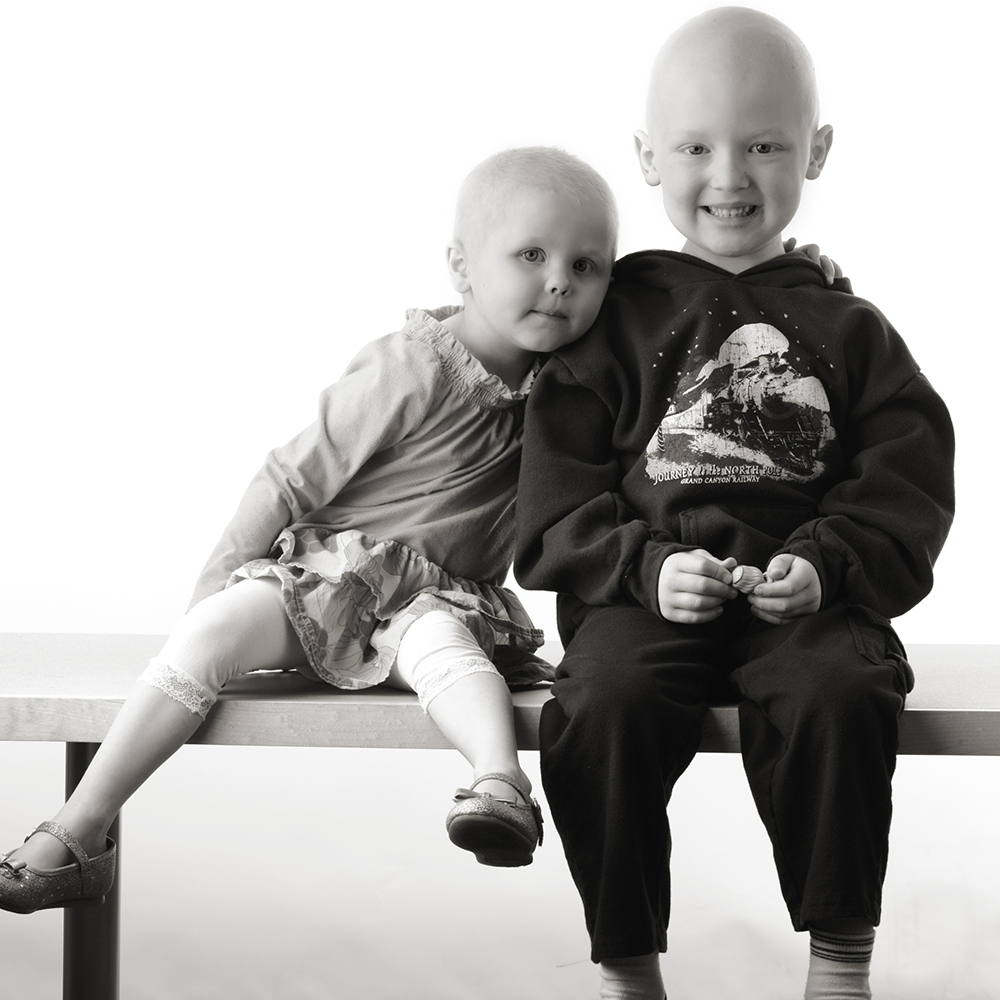
2010 PANDA Children's Cancer Immunology Program
Project 2010 funded the PANDA Children’s Cancer Immunology Program that is on the cutting-edge of offering a promising option to fight cancer. Children fighting cancer face tremendous odds. Despite advances in survival rates, chemotherapy and radiation are toxic, causing short-term suffering and long-term complications.
The PANDA Children’s Cancer Immunology Program funded research for a new option of treatment—immunotherapy. Immunotherapy re-programs a child’s own disease-fighting cells to recognize his or her own individual cancer cells and prevent them from multiplying. Scientists believe that a child’s own immune system may become an effective way to treat cancer or to prevent relapses.
Dr. Emmanuel Katsanis at the Steele Children’s Research Center heads a team of physician-scientists conducting research in pediatric immunotherapy. Dr. Katsanis and the Steele Children’s Research Center are one of the few research centers in the country conducting pediatric cancer immunology research and developing novel immunotherapy treatments against cancer.
The PANDA Children’s Cancer Immunology Program fund the:
- Development of promising, individualized anti-cancer vaccines to stimulate the immune system to fight cancer
- Advancement of cancer research—transitioning successful laboratory research to human clinical trials
- Recruitment of scientists to the Steele Children’s Research Center to further the expansion of pediatric cancer immunology research
With your generous support, the PANDA Children’s Cancer Immunology Program can potentially change the way we treat pediatric cancer in the future!
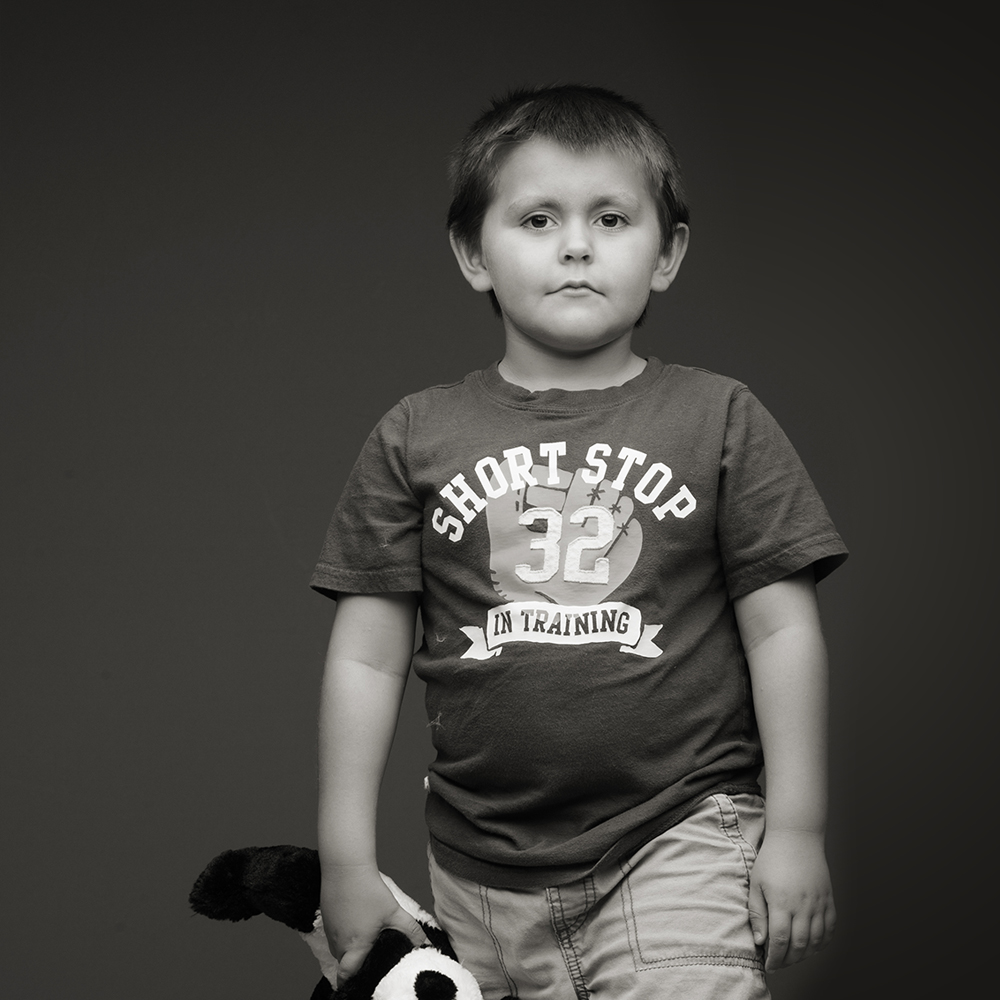
2009 PANDA Children's Neurological Center
The 2009 "Children Helping Children" Fashion Show and Golf Tournament proceeds established the "PANDA Children's Neurological Center," a new comprehensive care facility to help children and families receive state-of-the-art specialized care in a single location. The facility is focused on improving the lives of thousands of families in Arizona whose children suffer from neurological disorders -encompassing traumatic brain injury, stroke, autism, near-drownings, meningitis, brain tumors, cerebral palsy and other causes.
These families face splintered care that is hard to find, hard to get, and incredibly frustrating for parents already overwhelmed by the challenges, fear and frustrations that come from raising a child with neurological insult. Staffed with the neurologists, behavioral pediatricians, therapists and specialists these children need, the PANDA Children's Neurological Center has multidisciplinary teams which work together to evaluate, diagnose and develop treatment plans for each patient.
The finest physicians and specialists who treat children with brain injury are hard to find and expensive to recruit. PANDA has made a two-year commitment to raise more than $1 million to create the physical space for the Center, to recruit a top-notch team, to provide seed money to ensure the Center grows and flourishes, and to promise that every child in Arizona who needs its services can receive them, regardless of their ability to pay.
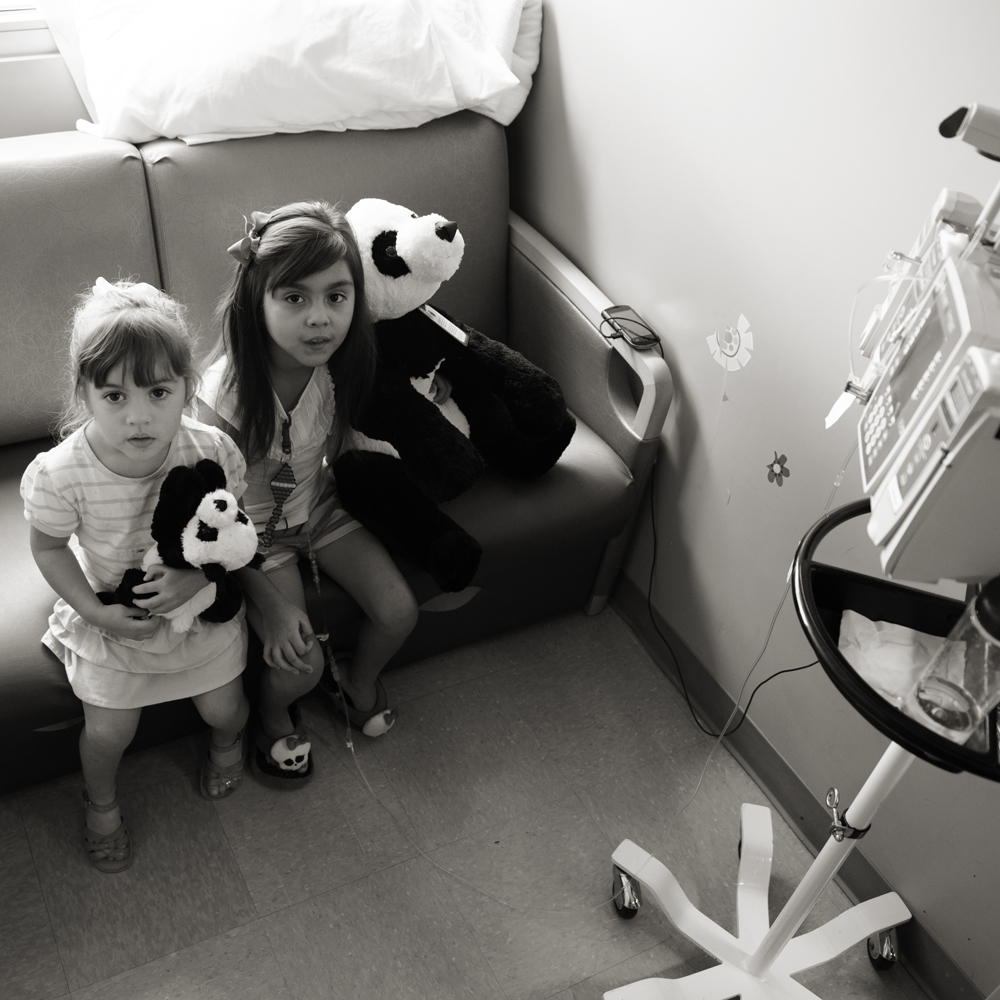
2008 Women in Science
The 2008 “Children Helping Children” Fashion Show proceeds funded the “Women in Science” program being developed at the Steele Children’s Research Center. While more and more women enter the medical field every year, currently only 25% of physicians are women and even fewer practice medical research. The Steele Children’s Research Center's “Women in Science” program supports promising female physician-scientists as they build their clinical and research careers.
The program is currently supporting:
Dr. Hillary Franke is a pediatric intensivist who takes care of critically ill children. Her research focuses on quality of patient care in pediatrics and pediatric critical care. More specifically, Dr. Franke is interested in medication safety and high-alert medications (medications with the highest risk of causing injury when misused) in the Pediatric Intensive Care Unit (PICU). Dr. Franke has developed a list of PICU-specific high-alert medications, and will be conducting a quantitative analysis of medication harm versus clinician perceptions. Their perceptions, whether correct or not, strongly influence behavior and shape the work culture.
Dr. Sydney Rice is a developmental and behavioral pediatrician and a leader in the areas of traumatic brain injury (TBI) and autism. Dr. Rice is currently involved in an epidemiologic study of autism, and is collaborating on an ADHD research project examining the use of medications in preschoolers. She is also interested in how traumatic brain injury affects the interactions between the nervous and endocrine systems (neuroendocrine).
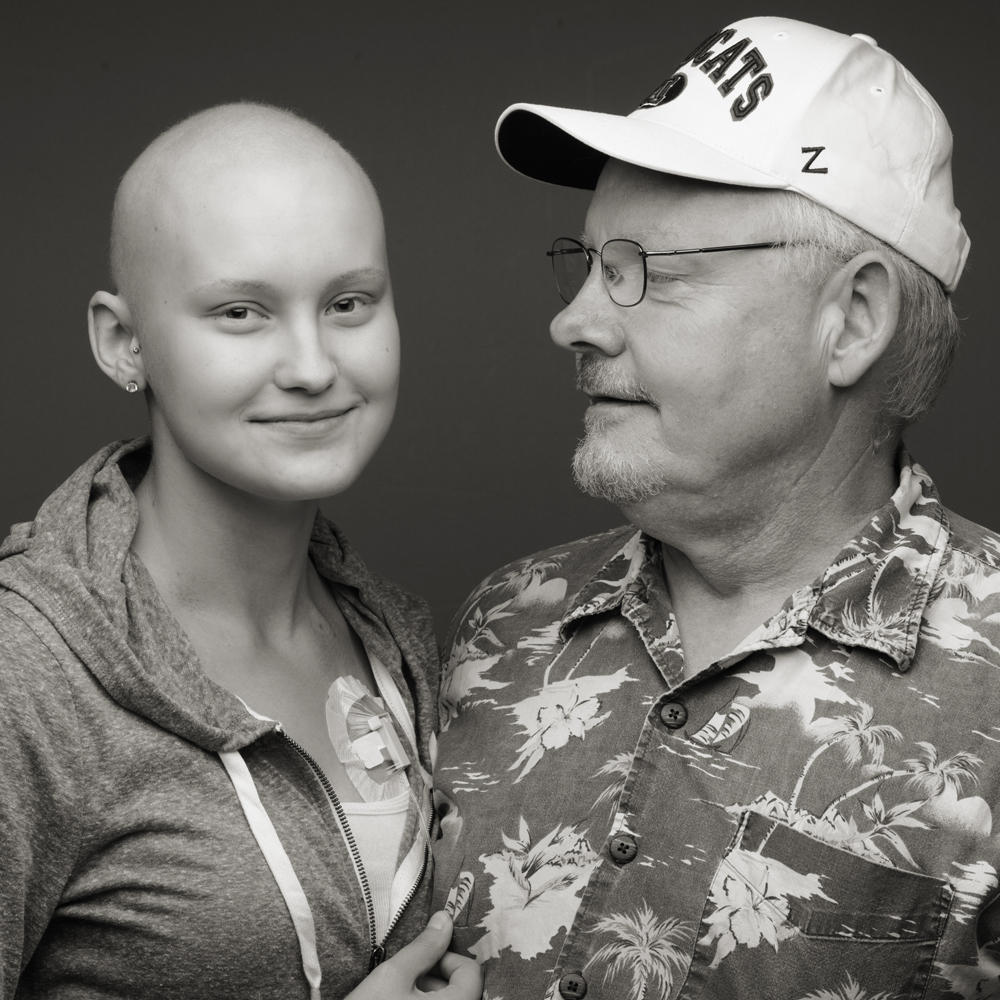
2007 The PANDA Children's Aerodigestive Disorders Center
The PANDA Children’s Aerodigestive Disorders Center is both a clinical and research facility. It is the only one of its kind in the entire state of Arizona. The center serves children who are suffering from eosinophilic gastrointestinal disorders – disorders of the digestive tract caused by allergies to food and airborne allergens. These disorders are known as “EE” for eosinophilic esophagitis, and “EG” for eosinophilic gastroenteritis (a more debilitating form of EE). Children with EE or EG often fail to grow, suffer from nausea, vomiting, stomach pain, choking, cramping, and diarrhea. Arizona has far more cases of EE/ EG than the national average, yet there was no place in the western U.S. where children can receive dedicated care for this painful disease. In response, the PANDA Center now serves Arizona and the Southwest, employing a team approach to treat children with aerodigestive disorders.
The aerodigestive team includes Fayez K. Ghishan, MD, director of the Steele Children’s Research Center and a pediatric gastroenterologist; Michael Daines, MD, pediatric allergist/immunologist; Cori Daines, MD, pediatric pulmonologist; and Lindsay Brown, MS, RD, nutritionist.
“Aerodigestive disorders span the sub-specialties of gastroenterology/nutrition, pulmonary and allergy/immunology, so a team approach is the most effective way to treat these children,” Dr. Ghishan explains.
“This center has been made possible because of the generosity of the PANDAs, and we are grateful for their fundraising efforts that have made the PANDA Center a reality,” he adds.
Your support helps put an end to devastating and life-threatening children’s diseases.
We are grateful for the ongoing support from the community and look forward to a continued partnership that improves the lives of children not only in Arizona, but across the United States and beyond.
